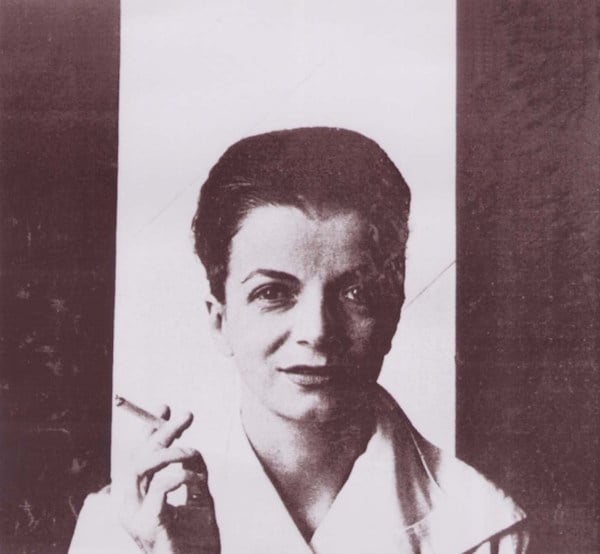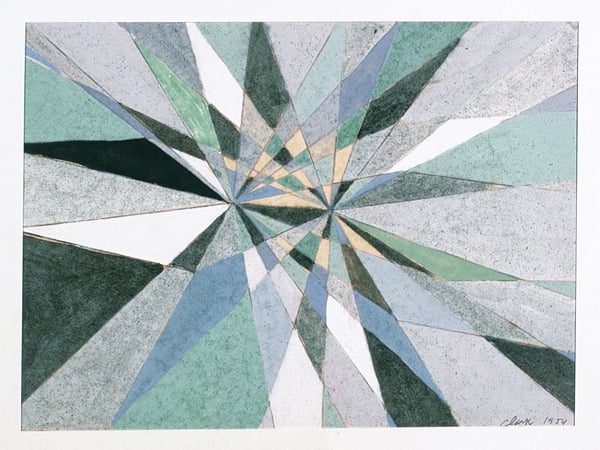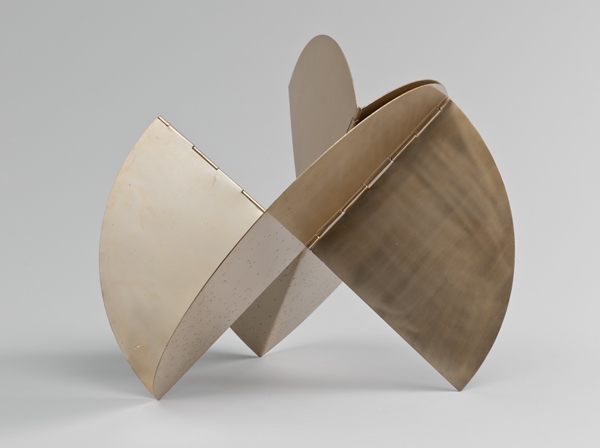Art World
Estate of Lygia Clark Ceases Authentication Amid Family Feud


Henri Neuendorf

The estate of Lygia Clark, Brazil’s most expensive artist, has announced that it has ceased authenticating works due to a legal dispute between the artist’s two sons.
Clark—who died in 1988—was one of the founders and a central figure of the Brazilian Neo-concrete movement.
The artist’s estate,”The World of Lygia Clark,” is managed by her two sons and grandchildren. According to its website, the estate provided free certification and authentication services for her work.

Lygia Clark, Sem titulo (Untitled) (1952). Private Collection, Rio de Janeiro.
Photo: Courtesy Associação Cultural “O Mundo de Lygia Clark,” Rio de Janeiro.
Now, the estate has suspended this service after one of Clark’s sons, Eduardo, filed a court complaint accusing his brother Alvaro of unlawfully seizing works during the authentication process.
In the past, many collectors have reportedly been reluctant to submit works for authentication due to the estate’s stringent standards and drawn out verification process. The estate has also earned a reputation for routinely rejecting image copyright requests.
According to Lexology, the authentication of Clark’s work is an especially complex process because she didn’t always sign her pieces, didn’t always print the full number of editions, and didn’t always create all of her work herself.

Lygia Clark, Relógio de sol (Sundial) (1960).
Photo: The Museum of Modern Art, New York. Gift of Patricia Phelps de Cisneros in honor of Rafael Romero. Courtesy Associação Cultural “O Mundo de Lygia Clark,” Rio de Janeiro.
The case is unique because when artists estates cease authentication activities, it’s normally due to high costs associated with defending themselves against legal claims made by collectors disputing the outcome of an estate’s authentication process.
The Pollock-Krasner Foundation ceased authentication for this reason in 1996, in 2011 the Warhol Foundation and Roy Lichtenstein Foundation followed, and the Keith Haring Foundation and the Estate of Jean-Michel Basquiat stopped authenticating in 2012.